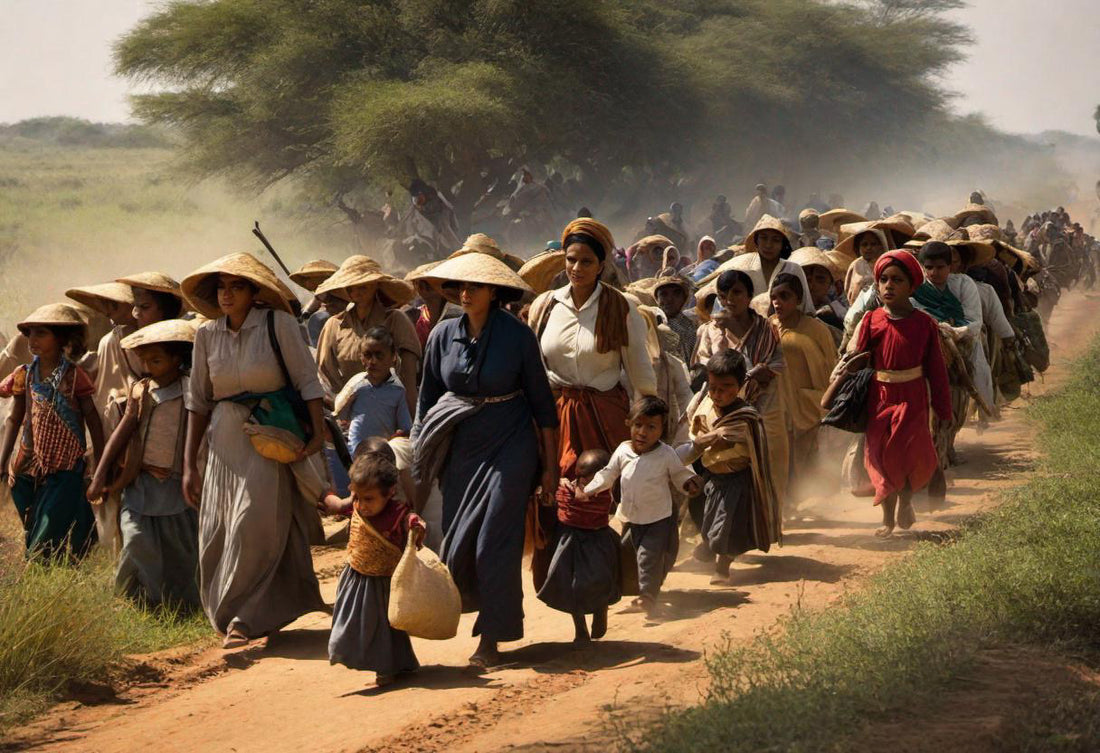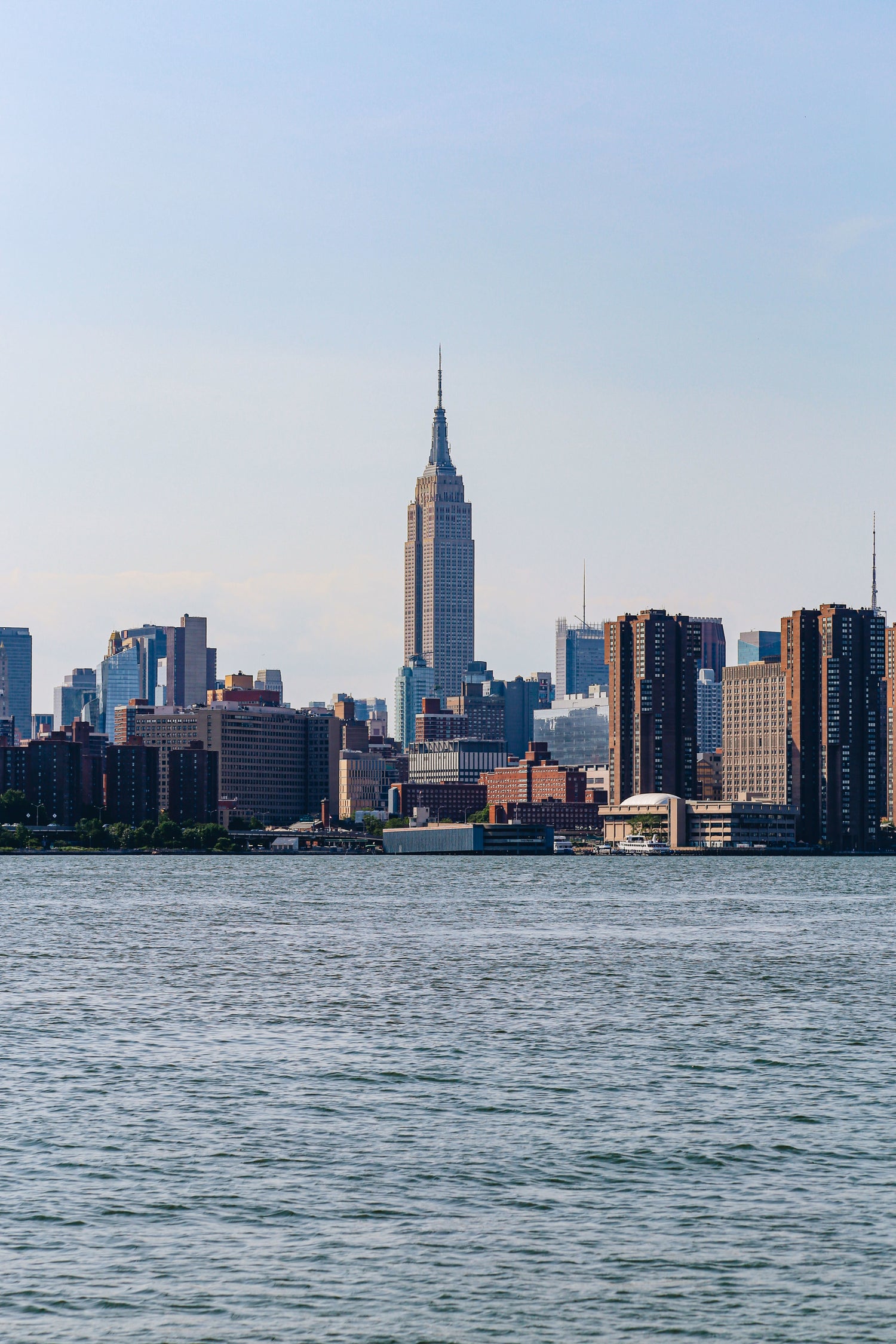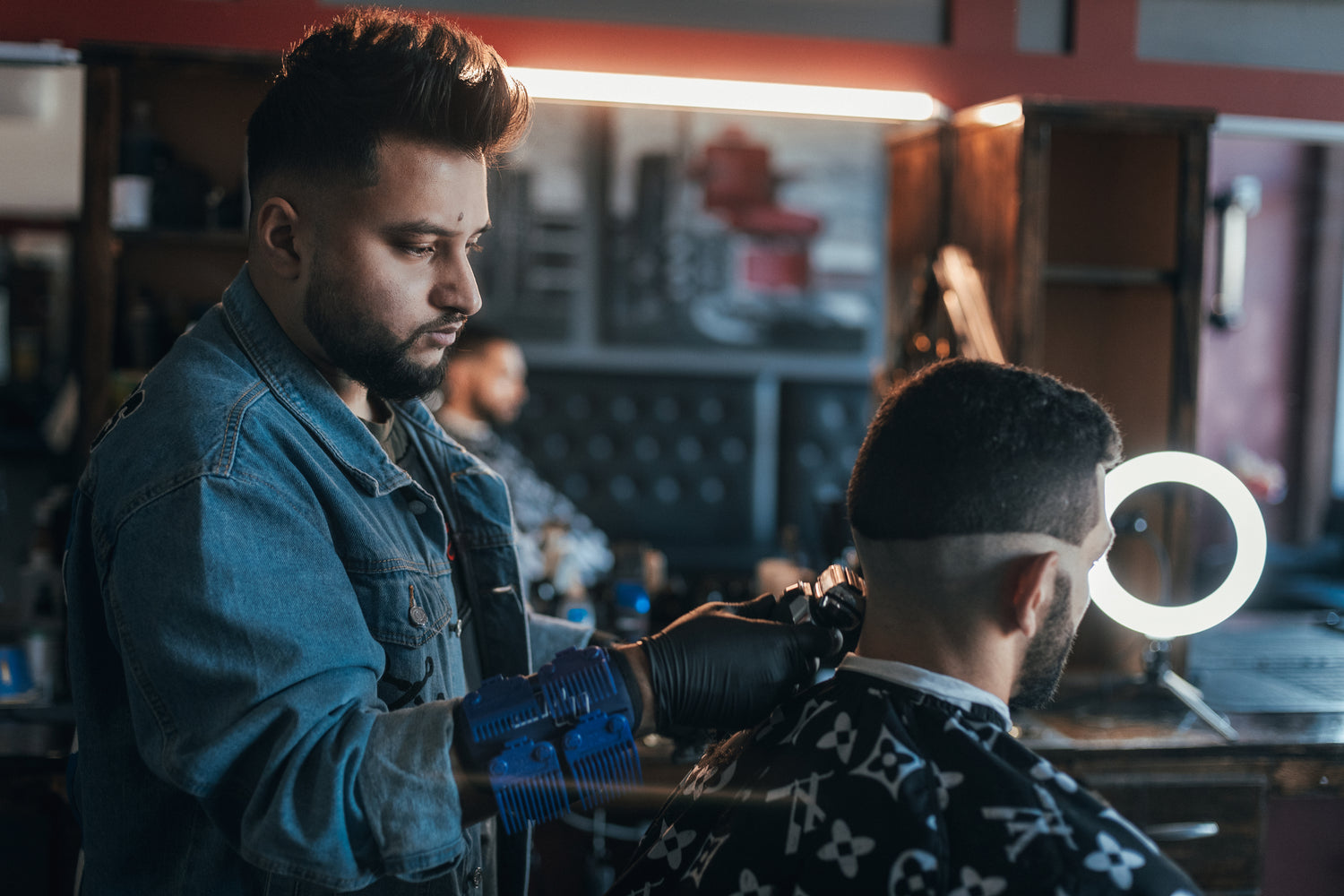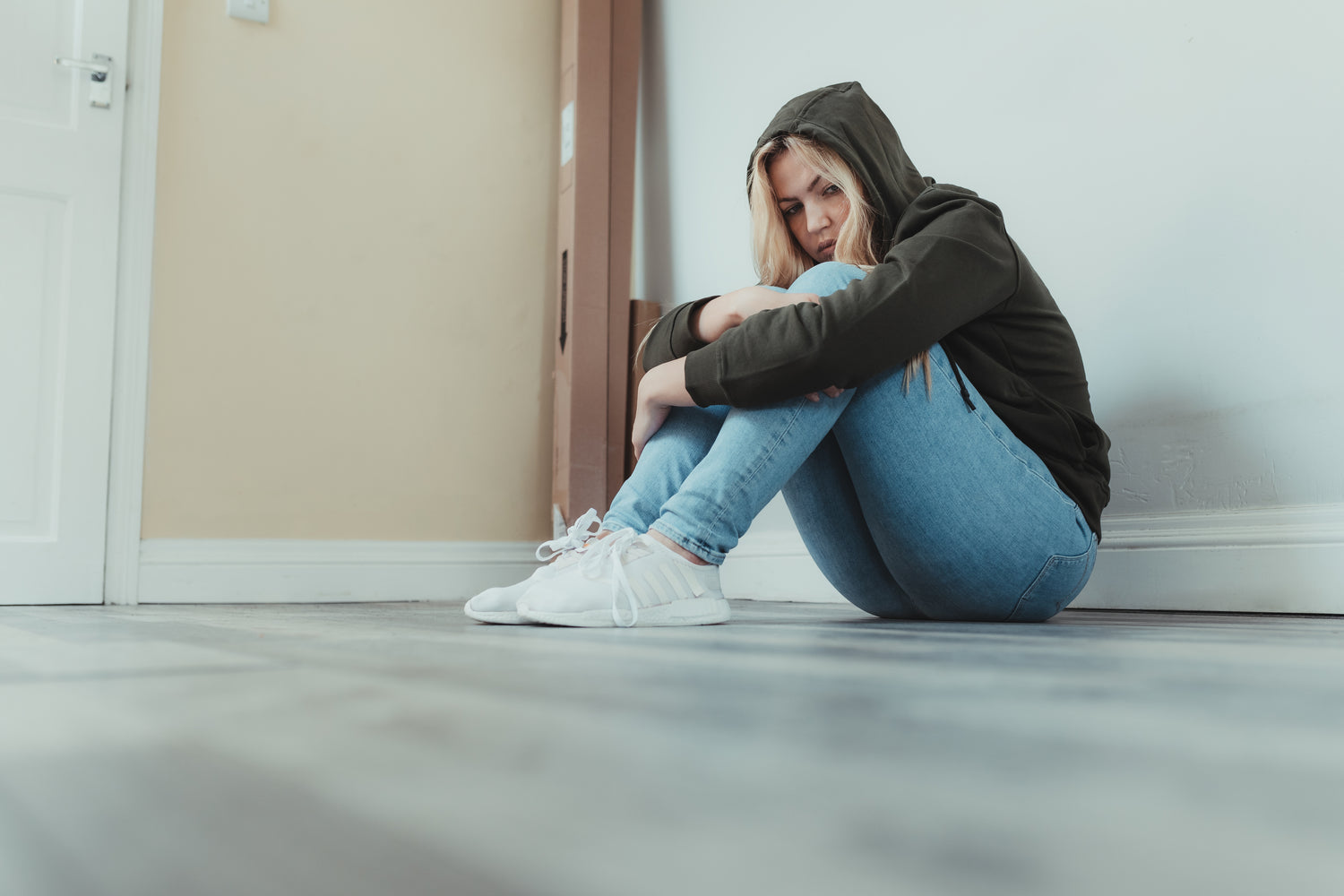In a world filled with nuanced debates surrounding privilege, the question of who holds more privilege between men and women remains a topic of contention. A recent viral video has sparked a thought-provoking discussion on this matter, using the situation in Ukraine as a case study. This video highlights a scenario where an 18-year-old man expresses his reluctance to join the military during a time of crisis. The video touches on the differing experiences of men and women in situations of conflict and prompts us to delve into the complexities of gender privilege within society.
Setting the Scene: Ukraine's Gendered Dilemma
The video's premise centers on the recent events in Ukraine, where geopolitical tensions have escalated into a military conflict. A critical aspect highlighted is the contrasting mobility of men and women during times of crisis. The narrative suggests that Ukrainian women have the privilege to flee the country, seeking safety and refuge in foreign lands, while the Ukrainian men are seemingly compelled to stay and defend their nation.
Privilege Unveiled: A Deeper Examination
Upon closer inspection, the apparent gender privilege presented in the video can be dissected from various angles:
1. Physical Vulnerability: The video alludes to the fact that men are often disproportionately affected by conflicts, being more likely to be drafted into military service. This places them at a higher risk of physical harm or even death on the battlefield. Meanwhile, women can evacuate to safer locations, minimizing their exposure to direct danger.
2. Mobility and Agency: The contrasting freedom of movement between men and women during a crisis is worth exploring. The opportunity for women to relocate to other countries for safety raises questions about their agency and autonomy. This departure from traditional gender roles prompts discussions about the evolving roles of women in society and challenges the notion of male privilege.
3. Societal Expectations: The video also touches on the idea that during times of conflict, societies tend to revert to traditional gender roles, emphasizing men's roles as protectors and defenders while women's roles are seen as more nurturing and supportive. This raises questions about whether societal expectations limit men's agency in choosing their roles during times of crisis.
4. Feminism and Conflict: The video raises the argument that feminist discourse might take a back seat during times of military conflict, suggesting that gender equality discussions become less prominent in the face of immediate threats. This raises questions about the endurance and applicability of feminist principles during periods of societal upheaval.
A Nuanced Perspective: Looking Beyond Binary Privilege
It's essential to recognize that privilege is not a monolithic concept; it's shaped by a complex interplay of factors, including gender, race, socioeconomic status, and more. While the video offers a provocative lens through which to examine gender privilege, it's important to avoid oversimplifying the matter. The experiences of individuals vary widely, and not all men or women fit neatly into these narratives.
Conclusion: A Continual Conversation
The viral video provides a starting point for a critical conversation about gender privilege, traditional roles, and societal expectations during times of conflict. However, it's crucial to expand this dialogue to consider the multitude of perspectives and experiences that exist. As we reflect on Ukraine's dilemma, we're reminded that the pursuit of a just and equitable society requires ongoing exploration and open discourse on complex issues such as privilege and gender dynamics.
In a world where conflicts continue to shape lives, understanding the intersection of gender and privilege becomes all the more important. The Ukrainian scenario serves as a catalyst for reflection, urging us to consider how privilege can manifest differently based on gender and other factors. Through open dialogue and a commitment to understanding, we can inch closer to a more inclusive and just society for all.





















